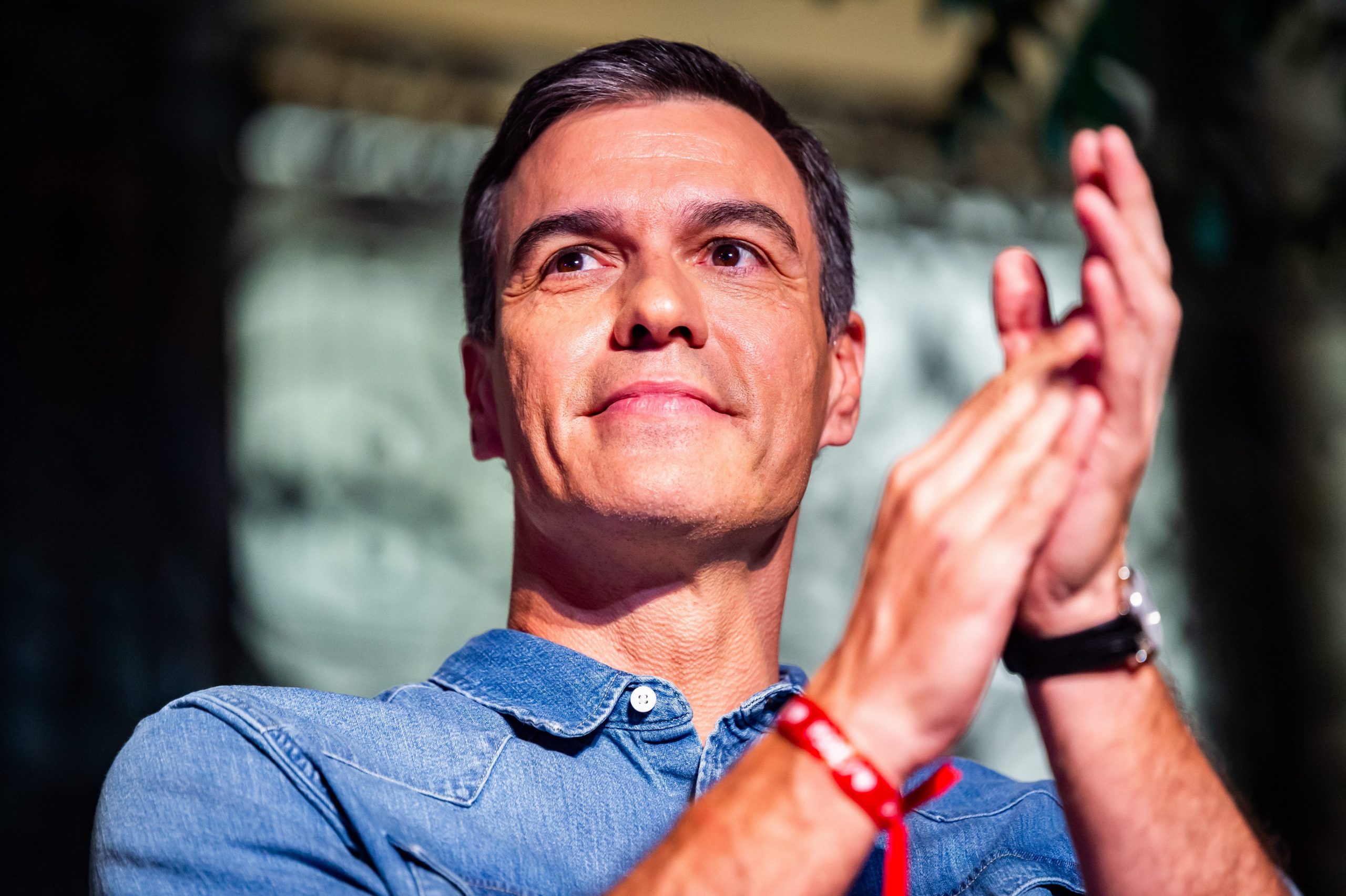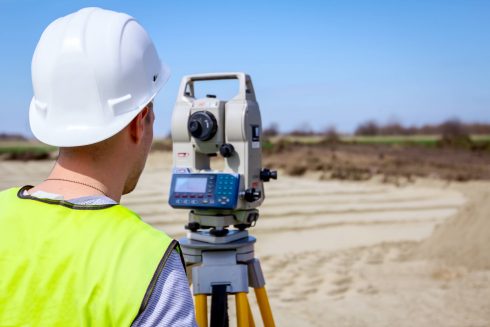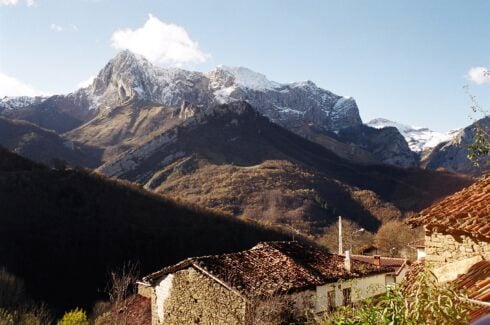SPAIN’S caretaker Prime Minister Pedro Sanchez has vowed that he will find the support to be voted back into power, despite having lost the July 23 election to the conservative Popular Party (PP).
The country has been in a political limbo since that vote, with no party securing enough votes for a majority in the lower house of parliament, the Congress of Deputies.
This week will see the winner of the election, the PP’s Alberto Nuñez Feijoo, stand as a candidate at an investiture vote in Congress. He is almost certainly doomed to fail in his bid to become prime minister, however, given that he has only secured the support of far-right Vox and several smaller parties, leaving him short of the absolute majority he needs.
“I’m sorry but there is going to be a Socialist government,” said the Socialist Party leader Pedro Sanchez on Sunday at a party rally in Barcelona. “We are clear. There are the numbers for a progressive Socialist Party government with the party of Yolanda Diaz […],” he continued, in reference to the new leftist alliance Sumar, which potentially will form a coalition with the Socialists.
Sanchez will still need the support of other parties if he is to be voted back in as prime minister, however, and these include Catalan separatist groups who have a series of demands in exchange for their support. Among these is a blanket amnesty for independence leaders who were involved in the failed secessionist drive in the region back in 2017.
The PP organised a demonstration in Madrid on Sunday that drew thousands of protestors who oppose such an amnesty. Sanchez also used this event to attack Feijoo, calling him a ‘failed candidate’ even before the investiture debate had taken place.
The Socialist leader railed that Feijoo had ‘lost all sense of reality’ and that he was ‘boycotting himself’ by organising such a demonstration – an event that would be expected from the main opposition party rather than a party in government – just days before his investiture vote.
While Sanchez is yet to formally announce any amnesty for the Catalan separatists – including the premier back in 2017, Carles Puigdemont, who is still living in self-imposed exile in Belgium to avoid arrest – he hinted that his party would continue its strategy of a political solution to the tensions in the northeastern region.
“Our objective is to continue to advance in terms of rights and coexistence,” he said, in comments reported by online daily 20minutos. “What will be the method? Dialogue with unions, business, the regions and political forces. What will be the framework? The Constitution.”
The Catalan Republican Left (ERC) and Together for Catalunya, which is led by Puigdemont, are the parties that are pushing Sanchez for concessions in exchange for their support at a potential future investiture vote.
Smaller parties
Sanchez will also need the support of other smaller parties in Congress, such as the Basque Nationalist Party, if his bid to hold onto power is to be successful.
If it is, he would be repeating the arrangement he reached in late 2019 after another inconclusive general election. In that instance, the Socialists formed a coalition with junior partner Unidas Podemos, a leftist group that has now been absorbed by Sumar.
The coalition lacked a majority in Congress, meaning that key pieces of legislation, such as the budget, had to be negotiated with other political parties before they could be approved.
Should Feijoo and then Sanchez fail in their bids to be voted in as prime minister, Spain will be facing a fresh general election in 2024.
Read more:
- Thousands take to streets of Spain’s capital Madrid to protest against amnesty for Catalan secessionists
- Catalan separatist leader Carles Puigdemont sets out demands in exchange for supporting Pedro Sanchez
- Socialists reject Popular Party’s proposal to end political stalemate in Spain
Click here to read more News from The Olive Press.








